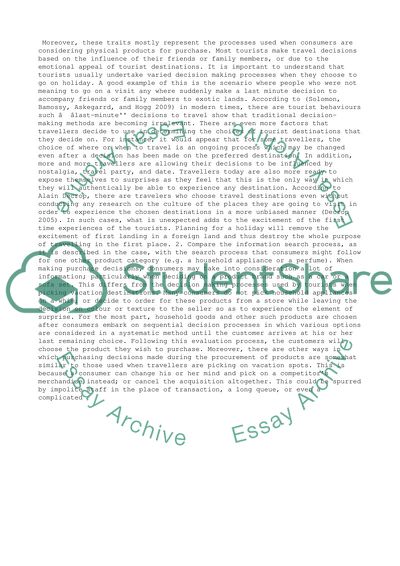Cite this document
(“Consumer behaviour Essay Example | Topics and Well Written Essays - 1250 words - 1”, n.d.)
Consumer behaviour Essay Example | Topics and Well Written Essays - 1250 words - 1. Retrieved from https://studentshare.org/business/1484535-consumer-behaviour
Consumer behaviour Essay Example | Topics and Well Written Essays - 1250 words - 1. Retrieved from https://studentshare.org/business/1484535-consumer-behaviour
(Consumer Behaviour Essay Example | Topics and Well Written Essays - 1250 Words - 1)
Consumer Behaviour Essay Example | Topics and Well Written Essays - 1250 Words - 1. https://studentshare.org/business/1484535-consumer-behaviour.
Consumer Behaviour Essay Example | Topics and Well Written Essays - 1250 Words - 1. https://studentshare.org/business/1484535-consumer-behaviour.
“Consumer Behaviour Essay Example | Topics and Well Written Essays - 1250 Words - 1”, n.d. https://studentshare.org/business/1484535-consumer-behaviour.


